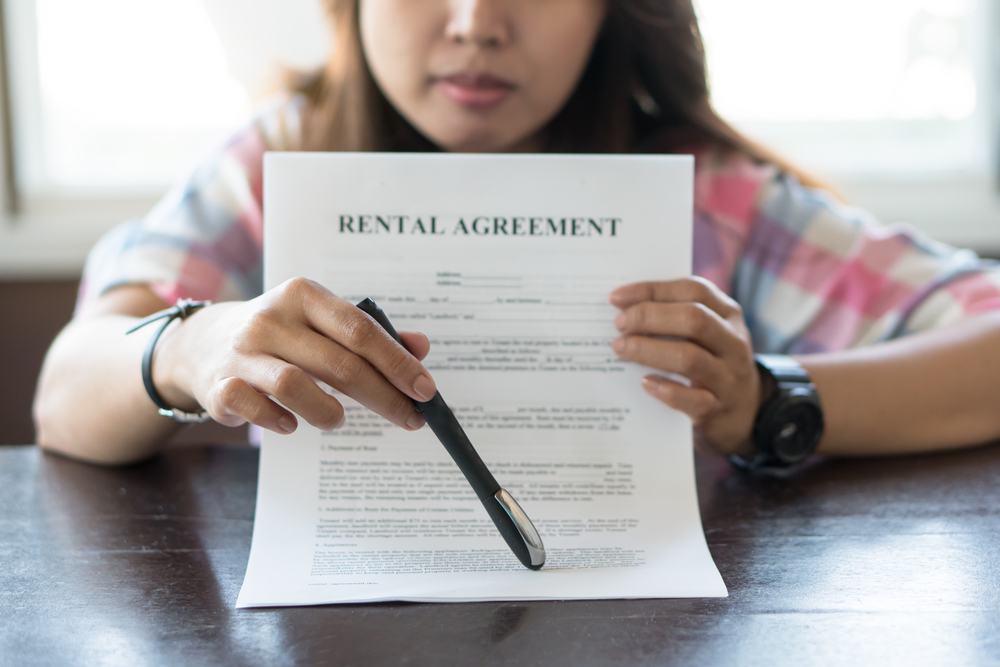Renters’ Rights Bill and Awaab’s Law
Property litigation expert Rhoda Honey examines the changes to the Renters’ Rights Bill (“RRB”) and the proposed measures aimed at transforming the private rented sector. Among these measures, the RRB seeks to incorporate provisions from Awaab’s Law.
Awaab’s Law was introduced in 2023 following the tragic death of two-year-old Awaab Ishak, caused by prolonged exposure to mould in his social rented home. Under the Social Housing (Regulation) Act 2023 (commonly referred to as Awaab’s Law), an implied term will be added to social housing tenancy agreements, requiring landlords to comply with new obligations for remedying hazards. Awaab’s Law is expected to take effect this year.
Whilst the changes proposed by Awaab’s Law will impact the social housing sector, the RRB proposes to extend Awaab’s Law to the private rented sector, to ensure that hazards that pose a danger to tenants’ health, are fixed within a strict legal time limit. The RRB is likely to become law this summer, although that is dependent on its passage through parliament.
This article serves as a useful reminder to landlords of existing and proposed obligations in respect of disrepair and the need to start making changes now to avoid the possibility of being caught out by the proposed new requirements and importantly to ensure the safety of tenants.
What are the current repair standards for landlords?
Section 11 of the Landlord and Tenant Act 1985 automatically includes certain repair obligations into a residential tenancy agreement.
Landlords are obliged to keep in repair the following:
- The structure and exterior of the property; for example, walls, roof, windows and doors;
- The installations in the property that supply:
- gas and electricity (for example pipes and wiring)
- heating and hot water (for example the boiler)
- water and sanitation (for example sinks and toilets)
The above cannot be contracted out of, for example, by including a clause into the tenancy agreement that the tenant is liable to keep in good working order the boiler.
The landlord’s obligation to carry out repairs arises only once you are aware of the problems.
Landlord Health and Safety obligations
As well as their repair responsibilities, landlords also have certain health and safety obligations, including:
- Have a gas safety check undertaken every 12 months by a Gas Safe registered engineer (if there is gas at the property);
- Have an Electrical Installation Condition Report undertaken by an electrical engineer every 5 years to ensure electrical equipment provided meets safety standards;
- Make sure any furniture provided meets safety standards;
- Install a smoke alarm on each floor and carbon monoxide detectors in any room with a fixed combustion appliance.
In addition, the Homes (Fitness for Human Habitation Act) 2018 obliges Landlords to ensure that at the time of granting a residential tenancy and throughout that tenancy, the property is fit for human habitation.
A property may be determined unfit for habitation if there are problems with damp, a lack of natural light, a lack of ventilation and the property is unstable, by way of example.
Failure to comply with repair obligations and to ensure the property is fit for habitation, could lead to a landlord being on the receiving end of the following:
Local Authority Action
A tenant can approach the local authority to take action. A housing officer can inspect the property for hazards and may take enforcement action against the landlord.
Housing Disrepair / Court Claim
Landlords are at risk of a housing disrepair claim, which usually includes a claim for works to be undertaken, as well as damages (compensation) payable to the tenant.
If a claim is brought, the tenant will need to prove that the property suffers from actionable defects, that the landlord had notice of these defects and that the landlord failed to remedy the actionable defects within a reasonable period of time once they had knowledge.
The Landlord may have a defence if the tenant failed to allow the landlord and or its contractors access to the property. The tenant has a responsibility to allow access in order for works to be carried out.
Delays in Obtaining Possession
Landlords need to be careful if steps are taken to seek possession and evict tenants, rather than undertaking repairs required. By serving a notice of possession, a landlord could be at risk of the tenant claiming ‘retaliatory’ or ‘revenge’ eviction.
If the tenant challenges the landlord’s claim for possession, it could render a Section 21 Housing Act 1988 notice to quit, invalid and could lead to a counterclaim following service of a Section 8 Housing Act 1988 notice to quit and subsequent court proceedings for possession.
The above could significantly delay the landlord obtaining possession and at additional cost.
What do the proposed changes mean?
The detail of Awaab’s Law is awaited from government, however it is anticipated that it will set out specified timeframes in which landlords must investigate and fix reported health hazards in properties. A hazard is likely to be in the scope of Awaab’s Law if it is found that the reported hazard is of ‘significant risk’ to the health and safety of the residents. Whether a hazard is identified as significant risk, depends on all the circumstances.
Failure to comply with Awaab’s Law could lead to claims for damages, fines and criminal prosecution and involvement of the Housing Ombudsman Service.
There are however differences between the social rented and private rented sectors that the government acknowledges and how it will be applied, depends on further consultation.
In addition to the extension of Awaab’s Law, the RRB proposes further protections to standards in the private rented sector by way of:
- the introduction of a Decent Homes Standard
- new digital Property Portal
- wider enforcement powers to local councils.
The Decent Homes Standard sets to provide minimum standards for the condition of rented properties, including a property being free from category 1 health and safety hazards (where the most serious harm is identified) and in a reasonable state of repair.
The creation of a property portal is intended to act as a central hub where landlords will be required to register themselves and their properties. The portal will also help landlords to access guidance, understand their obligations and demonstrate compliance.
The fines and cost consequences to landlords could be substantial. Now more than ever, Landlords will need to be proactive rather than reactive with their property maintenance and upkeep.
What steps can you take now to ensure compliance with current and proposed measures?
- Carry out regular inspections;
- Undertake repair works as soon as you are notified, or within a reasonable period of time depending on the works identified;
- Keep records of all communications (telephone, text, email and letter) with your tenant and retain evidence, such as invoices, photographs and correspondence with the local authority and surveyors / contractors for example.

How we can help
Whilst further changes could be made and further detail awaited from government, Landlords, in brief, we advise that you have an active role in your property maintenance and that you action any reported problems as quickly as possible, keeping evidence of communication, receipts and invoices of work undertaken. If you have any concerns or questions, please contact our Dispute Resolution Team.
For further information and assistance, please contact Rhoda Honey in the dispute resolution team on 01803 225128 or email [email protected] Wollens has offices in Torquay, Exeter and Barnstaple in Devon.
Rhoda Honey, Associate Solicitor, Dispute Resolution



